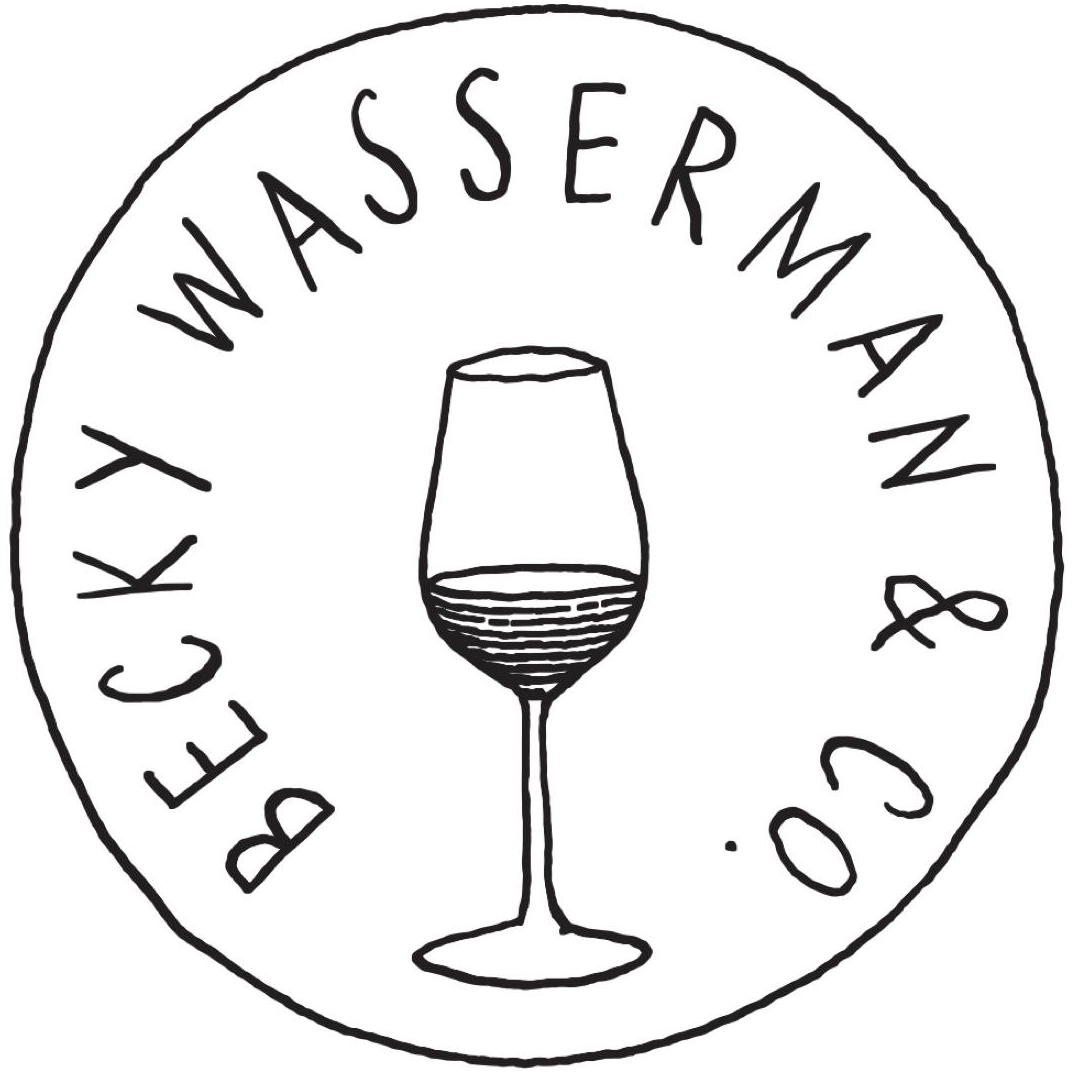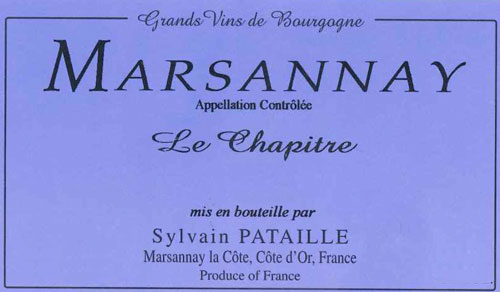Marsannay Rouge Le Chapitre
At a Glance
- Size: 1.05 ha (2.61 ac)
- Variety: Pinot Noir
- Vine Age: 1/3 of vines planted each in 1950, 1980, 1990
- Terroir: Moderate to sleep slope, facing east. Light pink, gravelly (grèzes litées) soil. 270-300-meters elevation.
- Viticulture: Certified organic, biodynamic methods
- Vinification: 100% whole-cluster pressing, indigenous yeast fermentation. Aged for 18 months in barrel, low sulfur additions only at bottling.
Additional Info
Etymology: This vineyard was once owned by the Chapter (Chapitre in French) of Autun Collegiate Church. The vines and the woods that lie above them were owned by the Archbishop of Autun, who originally planted the vines there.
Site: Le Chapitre is 5 hectares (12.4 acres) with an elevation of 290 meters. It has a moderate to steep slope and faces east. When the Marsannay village appellation was created in 1987, the entire villages of Couchey and Marsannay, but only the southern part Chenôve was included. Because Le Chapitre lies north of the village, it was left out, yet, it is indisputably one of the greatest vineyards in this area. In his cellar, Sylvain pours it after his Clos du Roy. With the 2019 vintage, the INAO finally changed the classification of this vineyard from regional to village-level.
Soil: The gravelly, calcium-rich soil is light in texture and light, pinkish brown in color.
Geology: The majority of Le Chapitre sits on a thick layer of grèzes litées. This thick layer of unconsolidated limestone sits on top of the White Oolite limestone bedrock. Comblanchien limestone sits at the top of the slope above the vineyards and contributes to the slopewash.
Sylvain’s parcel: It is located on the northern side of the clos. However, he has just acquired another parcel within the small clos, which he calls his “Little Jewel.” Sylvain’s parcels are at around 290-meters elevation.
With many thanks to geologist Brenna Quigley for putting the physical and geologic aspects of these vineyards into words far more meaningful than we could have written on our own. https://www.brennaquigley.com
We are also greatly indebted to geologist Françoise Vannier of Adama Terroirs Viticoles who created the soil and bedrock maps for Fixin that Brenna based part her work on. www.adama-terroirs.fr

